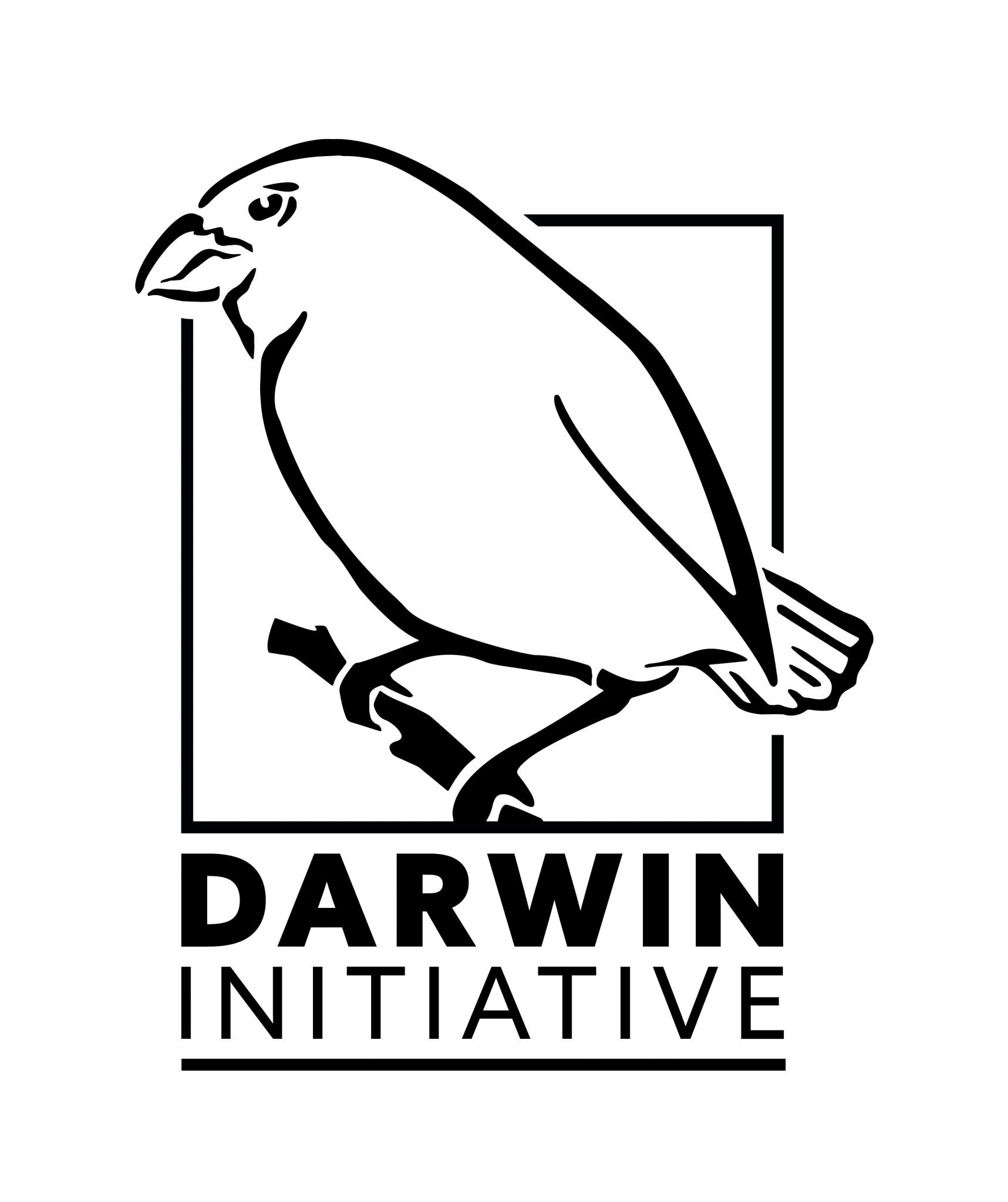University of Oxford
11a Mansfield Rd
OX1 3SZ
UK
Research to Policy – Building Capacity for Conservation through Poverty Alleviation
Uganda’s Mountain Gorilla (Gorilla beringei beringei) population occurs within one of the poorest and most densely populated regions of Africa. This creates major challenges for Uganda to conserve gorillas and ensure that conservation contributes towards local livelihood improvements. Integrated Conservation and Development (ICD) was adopted at Bwindi Impenetrable National Park to achieve conservation by addressing local development priorities. Many approaches were piloted and a recent review found that ICD was important for improving park-community relations but had several flaws: it tended to benefit wealthier community members rather than the poorer households assumed to be undertaking illegal activities and had little impact on reducing threats posed by illegal activities. As a result ICD was not effective in linking conservation and poverty alleviation.

The ‘Conservation Through Poverty Alleviation‘ research aims to improve the effectiveness of future interventions by better understanding who continues with unauthorized natural resource use – despite ICD – and why.
We are using novel social assessment techniques and a combination of methods including questionnaires, focus group discussions and life history stories to assess the socio-economic profiles of these individuals and their motives for unauthorized natural resource use, and then using that information to agree a new ICD Resource Book for use by ICD practitioners and government and NGO policy-makers.

The research is part of a wider project to develop the capacity of the Ugandan Poverty and Conservation Learning Group in policy advocacy.
Collaborators: Institute of Tropical Forest Conservation, International Institute of Environment and Development, Jane Goodall Institute – Uganda, ACODE, Poverty and Conservation Learning Group.
Project overview
Researchers

Funders

